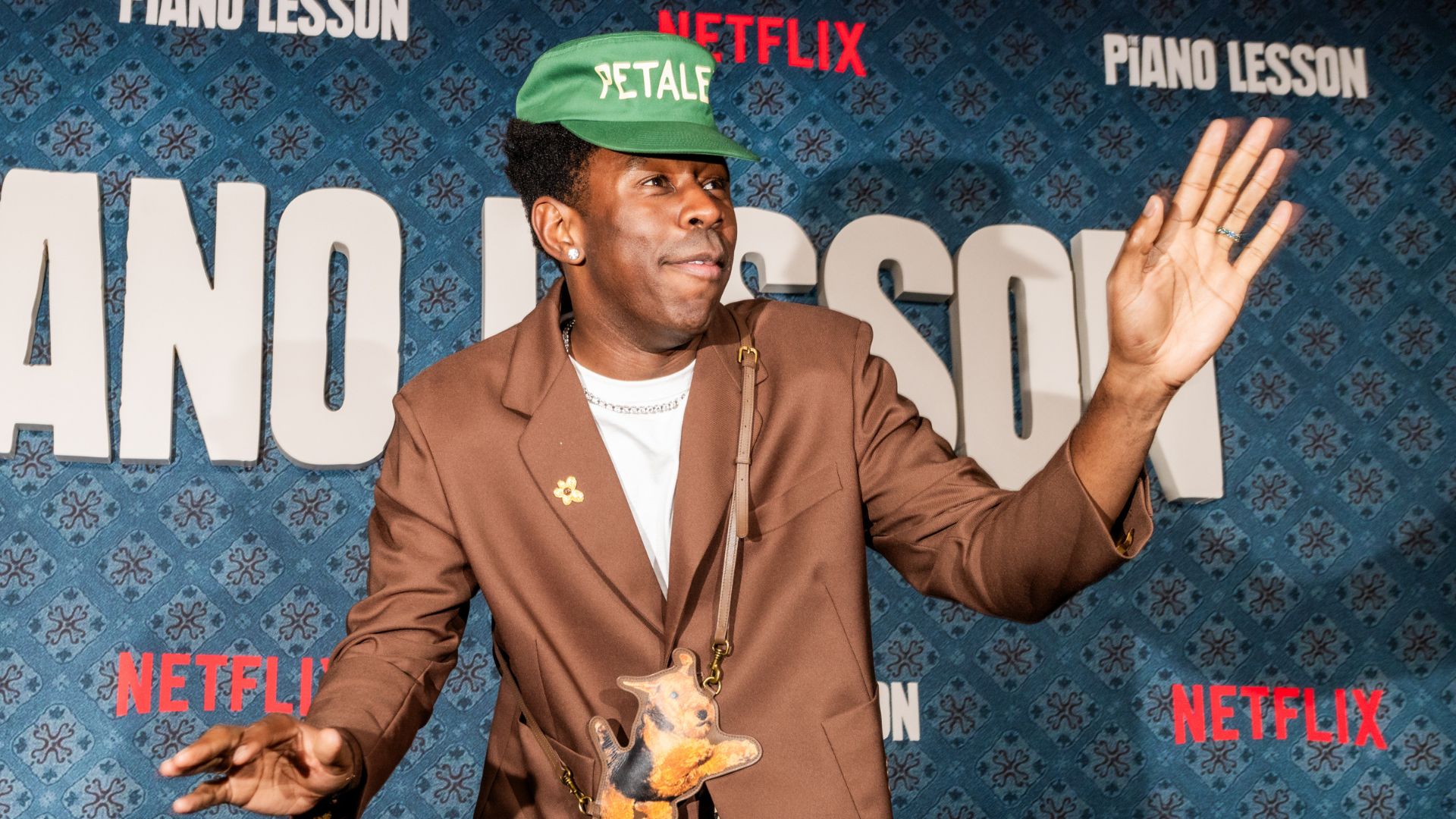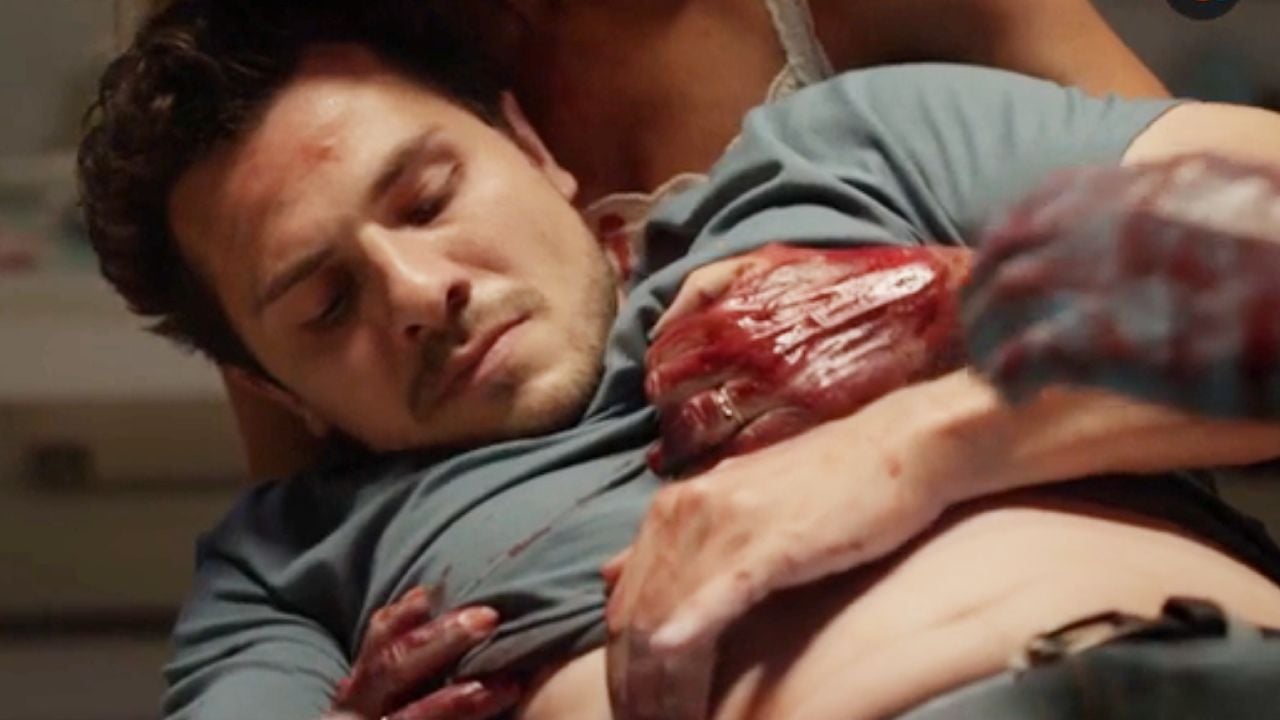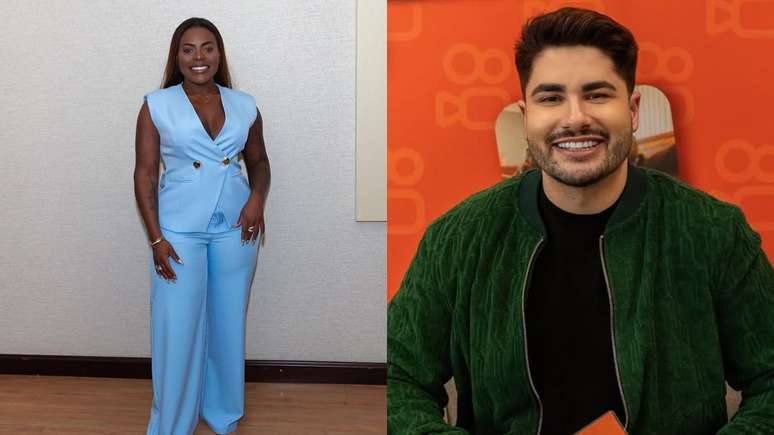In an interview with “Estadão”, Rodrigo França, director of Netflix’s new national comedy, defines the film as “much more about healing than about denunciation”; long premiere this Thursday
National productions arrive with increasing strength to the Netflix catalog and, this Thursday 28, it is the turn of Beard, hair and mustache debut in the streaming catalog.
Directed by Rodrigo França, the feature film featured a strong and mostly black cast with names like Lucas Penteado, Solange Couto, Giuliana AlvesMC Carol and Sergio Loroza.
Beard, hair and mustache takes place in the Penha neighborhood of Rio and follows Richardsson, a young man who has just finished high school and, against the wishes of his mother, Cristina, wants to fulfill his dream of having his hair cut in his salon.
Rather than portraying the popularization of black aesthetics and barbershops in communities, the film aims to make an honest and affectionate portrait of the multiple cultures reflected in the suburbs, slums and suburbs.
In an interview with Estadio, Rodrigo, who lived in the Penha neighborhood as a teenager, says the film’s main goal was to break the thought that black culture “is one”. “We must be equal in rights, but respecting our subjectivity, especially in terms of obscurity,” he emphasizes.
In Beard, hair and mustache, the director was concerned about respecting the diversity of bodies, hair structures and variations in skin tones in the cast. The effort to portray this multiplicity was also reflected in the choice of Lucas Penteado as the protagonist.
Rodrigo came to work with Lucas a Training: Experience the difference and, in addition to defining the actor as “someone who flirts with the camera like no other”, he claims that Penteado represented the “various suburbs that form a suburb”, since the actor is from Sao Paulo.
“In Penha it is possible to find people from the North, Northeast, South and other places in the Southeast who live together and create their own aesthetics and culture,” emphasizes the director.
Empowerment is the protagonist Beard, hair and mustache
The explosion of searches for terms involving afro, curly and curly hair was what defined the plot of the new Netflix movie. All the hairstyles portrayed in the film were based on researching the main trends in today’s black aesthetics.
“The way Richardsson dyes the hair of one of the drug dealers, for example, I guarantee you it will be the big fashion of Carnival in 2023,” jokes the director.
More than an aesthetic question, portraying the beauty of curly and curly hair is also about identity and “a historical struggle that has taken place today”, as Rodrigo defines it.
“There was, fortunately in the past, a cultural rule in the suburbs where black guys had to have their hair combed and girls had to straighten it. I, 44, knew the texture of my hair at 36,” he says.
The team responsible for the film’s haircuts and hairstyles largely comes from the suburbs and suburbs of Salvador, São Paulo and Rio de Janeiro. The director reveals that, in just one day, the professionals took care of 200 hairs.
“The film shows very real beauty. People will be able to look at and replicate every hair and every makeup,” she says.
Long questions the limits of comedy through humor
Beard, hair and mustache it also raises a highly debated question, especially in collectives and on social networks: what is the limit of comedy?
It is through “natural” humor that the film tries to answer the question. “The lines in the film are light and innocent. It’s a humor that you find, even within families,” defines Rodrigo, who also says that the actors were free to adapt the script.
The director explains that limiting humor has nothing to do with limiting creativity, but with “being aware of what borders on bad taste”. “It doesn’t hurt and there is no suffering, it’s just a relationship between life attitude and responsibility,” he says.
“Naturalization” is the central word of Beard, hair and mustache. The film also tried to question religious intolerance by portraying a harmonious coexistence between characters of African and Christian religions.
“In the same suburb of Carioca there are, within the same family, people who follow religions of Christian origin and of African origin. The interference (of intolerance) is much more external than from within these neighborhoods ”, defines the director.
For Rodrigo, Beard, hair and mustache it comes as a film “much more about healing than denunciation”. “Entertainment is also political and it’s not about alienation, it’s about empowering and finding moments where we just have to sit back and laugh,” she says.
* Trainee under the supervision of Charlise de Morais
Source: Terra
Emily Jhon is a product and service reviewer at Gossipify, known for her honest evaluations and thorough analysis. With a background in marketing and consumer research, she offers valuable insights to readers. She has been writing for Gossipify for several years and has a degree in Marketing and Consumer Research from the University of Oxford.







